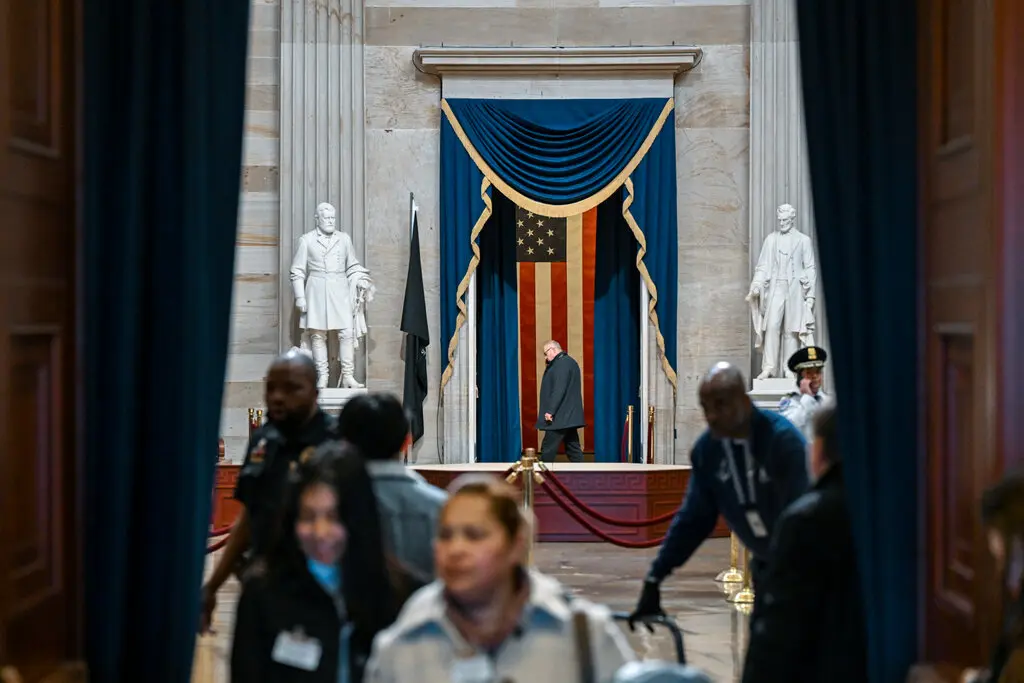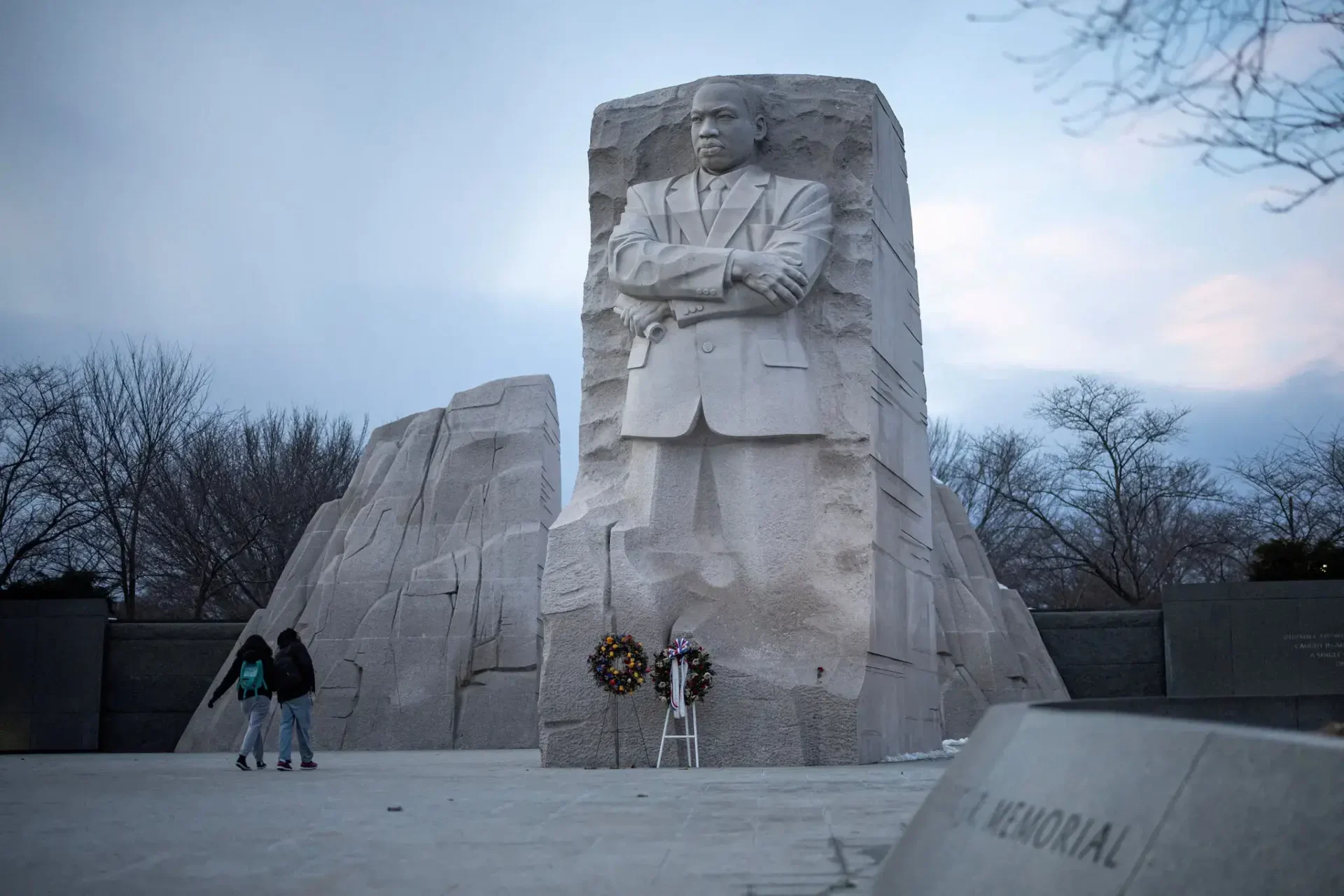As America marks Martin Luther King Jr. Day in 2025, the nation faces a unique moment with the concurrent celebration of Donald Trump’s return to office. This historic overlap raises significant questions about racial progress and leadership in modern America.
An Important Crossroads on MLK Day
Trump’s inauguration and MLK Day coincide, providing a potent opportunity to consider America’s continuous fight for racial equality. Speaking from Dr. King’s former pulpit at Ebenezer Baptist Church, Rev. Dr. William J. Barber II describes this timing as “almost a Godsend,” emphasizing the sharp divergence in outlooks for the future of America.
According to Dr. Barber, this coincidence forces the country to reevaluate its position on leadership, equality, and justice concerns. He thinks the day offers a chance to make comparisons between the current political climate and the civil rights struggles of the past.

Shifting Political Landscape on MLK Day
The political dynamics surrounding this moment reveal several key developments:
- The Republic Party, through representatives like Wesley Hunt, is actively working to maintain and expand these gains by focusing on economic opportunity and community safety, while facing criticism for their commitment to civil rights,
- Trump’s campaign demonstrated unprecedented gains among voters of color, particularly Latino and Black men, challenging traditional Democratic party alliances and raising questions about the revolution of Black leadership.
These shifts indicate a significant redefinition of political loyalties and strategies within communities of color, further amplified on the symbolic occasion of MLK Day.
MLK Day: Legacy and Contemporary Reality
These events come together against the backdrop of profound shifts in American culture:
- Recent policy shifts include the Supreme Court’s strike-down of affirmative action and corporate retreats from diversity initiatives, marking a departure from traditional civil rights approaches.
- Martin Luther King III, reflecting on his father’s legacy, emphasizes that Dr. King’s vision went beyond racial harmony to include “a radical redistribution of wealth” a perspective often overlooked in modern interpretations.
This background emphasizes the necessity of re-examining the actual extent of Dr. King’s dream, especially as MLK Day serves as a reminder to Americans of his incomplete work.
Looking Forward on MLK Day
In the wake of this historic day, civil rights leaders are getting ready for new challenges. In his scheduled lecture at Ebenezer Baptist Church, Dr. Barber will reaffirm Dr. King’s April 3, 1968, speech, addressing current issues while expressing optimism for further advancements in racial equality and economic justice.
The dual celebrations serve as a reminder of America’s complex relationship with race and equality, highlighting both progress made and challenges that remain in realizing Dr. King’s dream of a truly equitable society.

